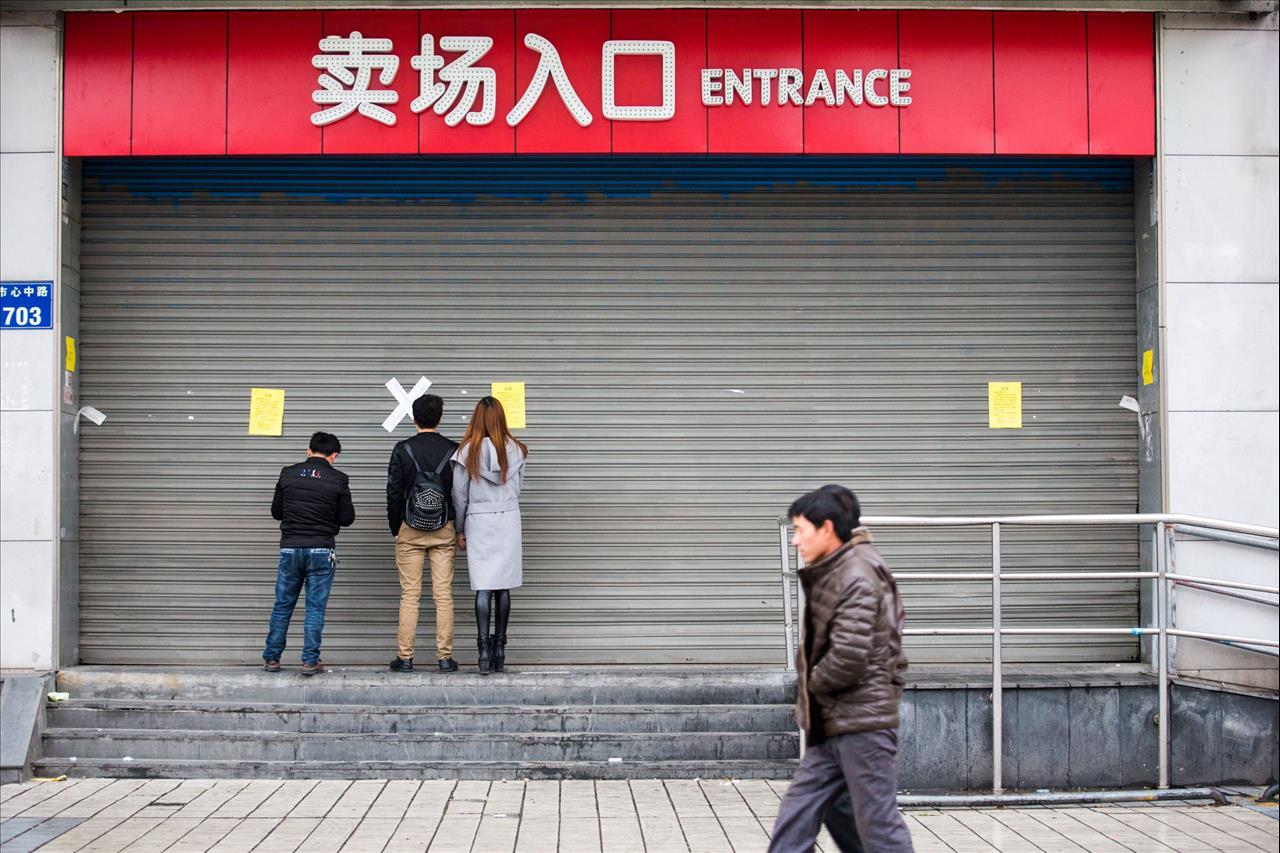(MENAFN- Asia Times) South Korea has been in the firing line of Chinese economic coercion. Like Australia, the East Asian nation is a key member of the US alliance in the Pacific, whose role as a like-minded member of the rules-based order was emphasized during President Yoon Suk Yeol's recent trip to the united states .
As a neighbor of China and with an economy complementary to some of China's core industrial sectors, South Korea has been one of the most prominent targets of Beijing's economic coercion tactics. But this is not without precedent.
In the aftermath of WWII, economist Albert Hirschman contended that“seemingly harmless” bilateral trade relations can create asymmetric interdependence. Asymmetry leads to reliance which can result in political domination, particularly by great powers.
A modern-day version of this is China's attempts to extract political and strategic advantage from its trade relations. But while Hirschman believed that the international system may“contain the seeds of its own destruction”, contemporary facts suggest otherwise.
Between February 2010 and March 2022, one group of analysts identified
123 cases
of China imposing - or threatening to impose -
unilateral sanctions
such as boycotts, administrative discrimination, defensive trade measures, trade limitations and travel restrictions
on foreign entities.
While Chinese coercion has taken its toll on the South Korean economy, its unintended consequences have prompted South Korea to reduce its exposure to China, even if this entails some real costs.
South Korean firms and policymakers have sought to strengthen economic independence, sovereignty and domestic resilience through reshoring and onshoring. This is evident from the experience of two sectors that had been hitherto highly exposed to China - retail and semiconductors.
The Lotte group and its chain of department stores it once operated in mainland China are the most direct example of a South Korean firm being subjected to Chinese coercion for non-economic reasons.

A closed Lotte Mart in Hangzhou, Zhejiang province, China, March 5, 2017. Photo: Agencies
Lotte is often referred to as“the biggest loser” of the terminal high altitude area defense (THAAD) affair, in which Beijing expressed outrage at Seoul's decision to deploy a US-made anti-ballistic missile system in 2016. Lotte also sold the land needed for THAAD.
As retribution , most of its stores in China were subjected to regulatory suspensions, resulting in plummeting sales and losses of up to AU$1.3 billion (US$875.7 million). By 2018, the Lotte chain had exited china .
The Lotte case was an exercise of raw power by the Chinese government, but it also demonstrates the limits of coercion as a foreign policy tool. In punishing Lotte and causing its closure of stores, China's measures eliminated a key source of leverage over South Korea.
While there were real losses for the company, a South Korean academic and presidential advisor noted that“very few foreign retailers” have ever“run profitable operations” in China.
Tellingly, the South Korean government did not dissuade Lotte from leaving China, but instead supported its relocation to Southeast Asia. The incident also tarnished South Korean public sentiment towards China.
If China's coercion achieved its goal of inflicting economic harm on South Korea in the retail sector, the tactic has been less successful in semiconductors. East Asia is the hub for the multiphase creation of semiconductors and South Korean chipmakers account for about 20 % of global production, including some of the industry's most cutting-edge, upstream segments.
Chinese firms, by contrast, are involved in downstream segments and rely heavily on imported components from South Korea. Beijing is aware that semiconductors are a“chokepoint technology”, which can reduce the capacity of the Chinese government to target foreign firms, including South Korean ones.
South Korean chipmakers have made substantial investments in China and are the single biggest employers in some provinces. Any threat of retaliation against South Korean chipmakers would rebound in the form of job losses and reduced production of Chinese semiconductors.
Important players like the SK Group are set to join the so-called“chip alliance” through increased investment in the united states and cooperating on supply chain restructuring, intended to further impede Chinese retaliation against the United States and its allies.
Chinese coercion has undoubtedly caused economic disruption to South Korean firms, and South Korea and US-aligned economies will pay the costs of restructuring supply chains. Yet the fact that South Korea and australia chose to accept these costs rather than acquiesce to China's coercion speaks volumes.

An employee of Samsung Electronics shows the world's then-first 30-nanometer 64-gigabit NAND flash memory device. Photo: AFP / Kim Jae-hwan
While China has resorted to asymmetric interdependence as a method of statecraft, this tactic has achieved only limited success . China's attempt to become a global financier and wield greater power through the belt and road initiative has likewise hit snags. The speed with which targeted states such as South Korea have moved to reduce their exposure to Chinese coercion supports Hirschman's diagnosis of the politics of international trade.
Although the limits to economic coercion have been exposed in South Korea, this form of statecraft will not necessarily be set aside. While some, following Hirschman's logic, think Chinese power can be“tamed” through interactions with other powers, meaning coercion might cease or become less common, others think that China is failing to read the signals sent by other states.
This suggests that coercion may remain a temptation for future Chinese leaders. States such as Australia and South Korea would be wise to prepare for both scenarios as they look to the decades ahead.
Dominic Simonelli is a Research Assistant in the School of Humanities and Social Sciences at Deakin University. David Hundt is Associate Professor of International Relations in the School of Humanities and Social Sciences at Deakin University. Baogang He is Alfred Deakin Professor and Personal Chair in International Relations in the School of Humanities and Social Sciences at Deakin University.
This article was originally published by East Asia Forum and is republished under a Creative Commons license.
Like this:Like Loading...





















Comments
No comment